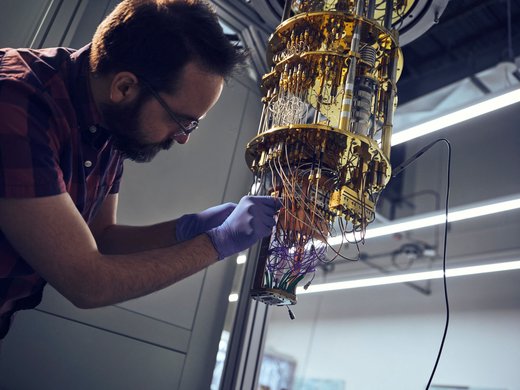Canada’s universities drive research and innovation, but when publicly funded institutions partner with foreign firms and countries, who is the biggest beneficiary? Not Canada or the Canadian economy. According to the authors of this paper, foreign entities that invest in Canadian research often take their intellectual property (IP) (and the money it generates) out of the country, leaving Canadian taxpayers holding the bill, unable to benefit from the economic return on their investment.
This paper looks at the U15, a collective of some of Canada’s most research-intensive universities, accounting for 79 percent of all competitively allocated research funding in Canada and 83 percent of all contracted private sector research in Canada. With a focus on research outcomes, specifically IP, this paper examines patent data; IP ownership; and the impact on freedom to operate, an indicator of Canadian firms’ ability to commercialize their technology, to maximize Canada’s return on investment.


